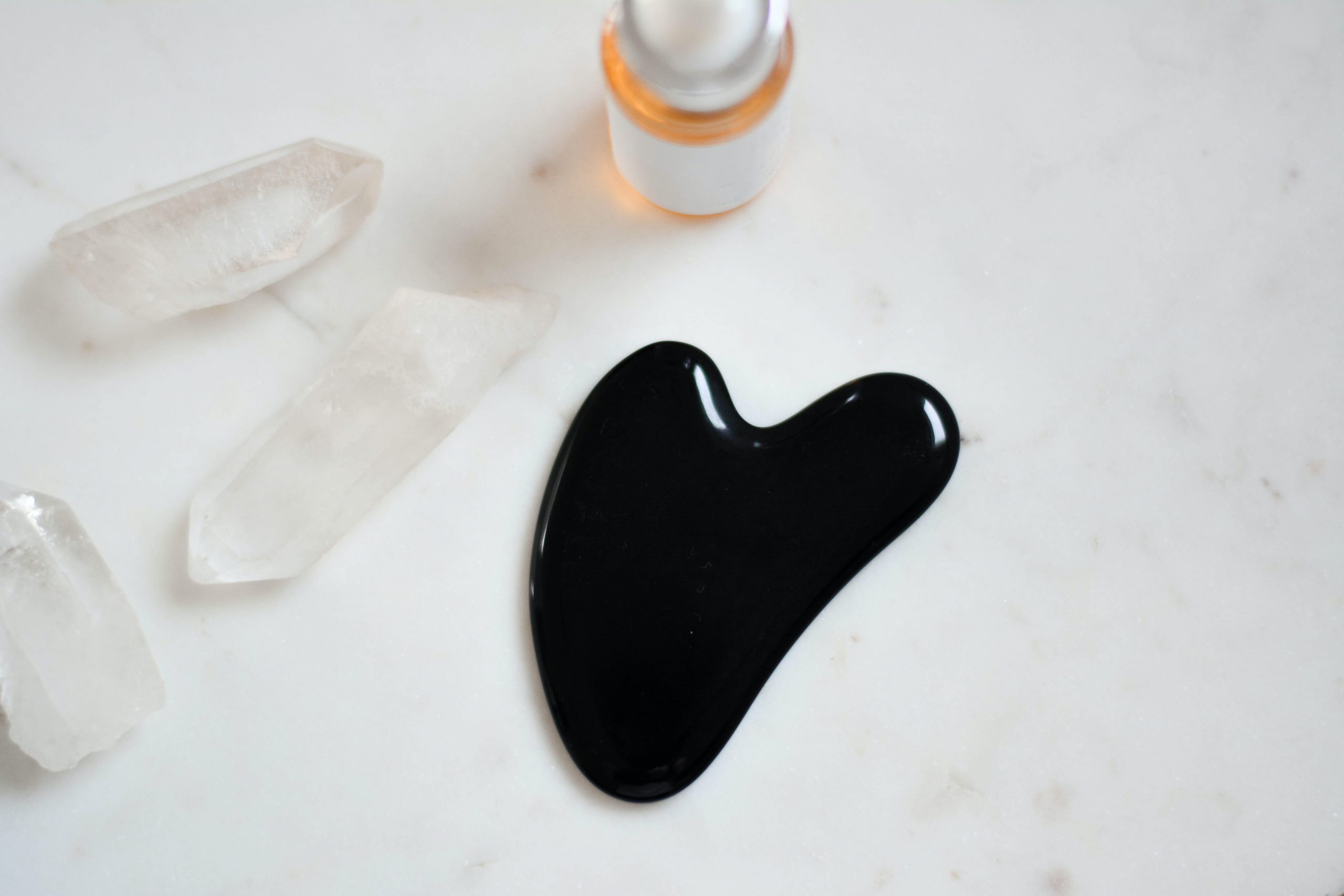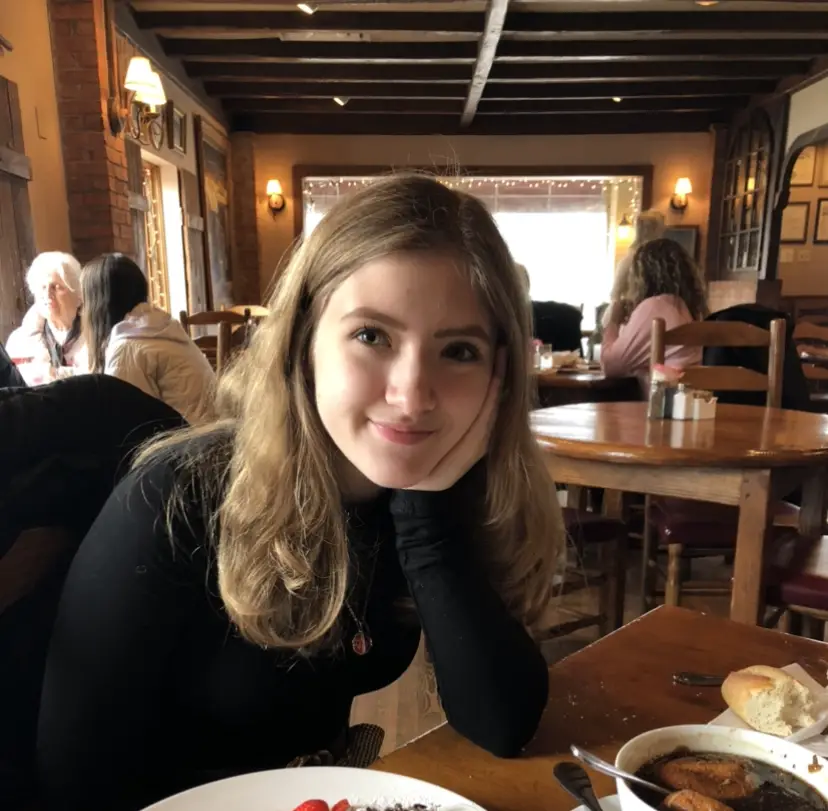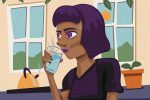Lizzo loves it and so should you. Thousands of social media users have been boasting of their adoration for gua sha, raising it to “trending” status on multiple platforms. The Chinese technique, which increases blood circulation through the process of repeatedly scraping a targeted area, has recently taken the internet by storm as part of a larger societal trend under which beauty enthusiasts have turned to alternative wellness practices as means of preserving their youth.
The Asian scraping technique is a popular practice of the ancient wellness system known as Traditional Chinese Medicine or TCM. As it has existed for thousands of years, TCM calls on knowledge of science, spirituality and health that pre-dates the emergence of modern medicine. Because of modern medicine’s divergence from folk beliefs, some doctors completely reject TCM knowledge, classifying techniques such as gua sha as harmful pseudoscience. Despite this, the practice of gua sha has failed to fade from Asian beauty routines and now, it has even permeated the Western market.
Although some members of the medical community push back against alternative wellness practices, other doctors avidly endorse Traditional Chinese Medicine. Dermatologists and aestheticians that support the gua sha movement attest that the scraping “softens fine lines and wrinkles,” “helps produce collagen” and “diminishes dark circles” among other benefits.
Better yet, gua sha can be done affordably from the comfort of your own home. Using only a basic jade scraper, water and oil, those who practice gua sha need not invest in outrageously expensive tools or treatments. Some even use simple kitchen spoons as their instrument of choice when engaging in the practice.
In addition to its health and beauty benefits, practicing gua sha is also a great way to learn about East Asian history and culture. The scraping technique is theorized to date back to the Paleolithic Age and was first recorded in the Shanghan Lun, a 220 CE Chinese medical text. From China, the medical practice spread across East Asia and is today known as “cạo gió” in Vietnam and “kerokan” in Indonesia.
As of 2020, gua sha, along with other ancient Asian medical practices, has gained international traction due to growing popularity on the internet.
On TikTok, singer/songwriter Lizzo speaks directly to her young, social media-obsessed audience. She loves sharing her wellness routine, which often includes Eastern medicine. Lizzo never claims to be a health expert; instead, she posts videos of herself trying new things with her comments and duets open, inviting her fans to give advice and stitch her content with their own attempts at trends and challenges.
In one clip Lizzo shares an honest, at-home attempt at gua sha. With a naked face and hair pinned back, the famed artist behind the hits “Truth Hurts” and “Good As Hell” appears less like her superstar persona and more like the rest of us: flawed, curious and clearly a TCM beginner. As she performs her gua sha routine, Lizzo expresses excitement for the end result, while keeping her face taut in an effort to correctly follow proper scraping technique.
@lizzo Duet in a week to see what my gua sha results are!
The singer’s TikTok, which garnered over 800,000 likes, was later dueted by countless other content creators and even a few gua sha professionals. In many such responses to the performer’s video, Traditional Chinese Medicine specialists tweaked Lizzo’s gua sha method and communicated their enthusiasm for the celeb’s interest in East Asian wellness and culture.
The TikToker and licensed acupuncturist @lanshin_skin was one of the TCM experts who went viral after posting a video correcting Lizzo’s gua sha technique. With numerous TikToks, YouTube videos and even a TCM line of products, @lanshin_skin certainly holds the credentials, as well as the virtual presence, to provide tips to those looking for some gua sha guidance.
For wellness and beauty fanatics who fell in love with gua sha and want to delve further into the world of East Asian medicine, there is an array of other TCM practices making their way around the internet. In early 2021 facial cupping was anointed as the latest at-home facial technique. Likewise, acupuncture, traditional Chinese herbs and TCM massages have also become more and more popular on social media.
In a setting where Traditional Chinese Medicine practices are rapidly circulated and recreated, it’s easy to find yourself watching videos of incorrect and harmful techniques. In order to get the best results from your practice, it is important to be well informed and aware of the significance of the different gua sha strokes.
In addition to Lanshin, you can also learn more about gua sha from Angela Chau and Dr. Ervina Wu. They are the founders of the TCM-inspired green beauty brand YINA. By visiting the YINA collection on Beauty Heroes, you can shop Chau and Wu’s skincare product line and purchase from professionals in the field.
You can also further your knowledge of Eastern wellness by checking out the website of Doctor of Chinese Medicine Jenelle Kim. Kim has a wellness and lifestyle blog, featuring countless articles on Traditional Chinese Medicine and has been interviewed for pieces on TCM by Allure, Glamour, Forbes and other major magazines. Additionally, there are many Eastern wellness specialists you can reference on TikTok such as @laurel_acupuncture, @mountlai and @glidenglow.
Right now, gua sha may be seen as just another social media fad, but the ancient Chinese practice has been around for millennia and will surely outlive the internet platforms that feed off its trendiness. To start a relationship with the practice of gua sha is to commence on a wellness journey that’s course is thousands of years in the making.














